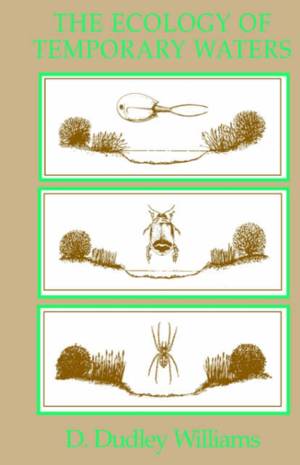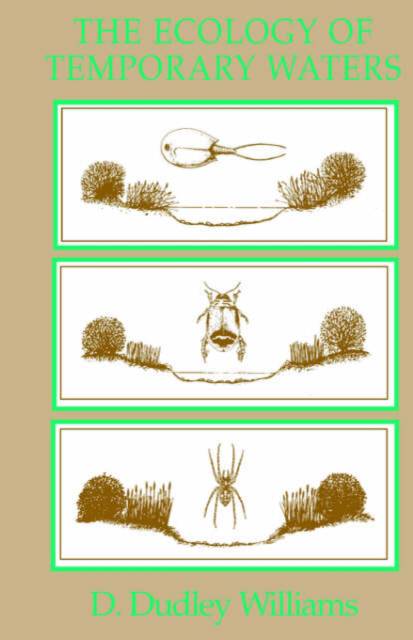
- Retrait gratuit dans votre magasin Club
- 7.000.000 titres dans notre catalogue
- Payer en toute sécurité
- Toujours un magasin près de chez vous
- Retrait gratuit dans votre magasin Club
- 7.000.0000 titres dans notre catalogue
- Payer en toute sécurité
- Toujours un magasin près de chez vous
Description
Temporary fresh waters, whether seasonal rivers, streams, ponds or microhabitats such as a hollowed tree trunk or pitcher plant reservoirs, exhibit amplitudes in both physical and chemical parameters which are much greater than those found in most water bodies. Organisms that live in these types of habitat have, therefore, to be particularly well adapted to these conditions if they are to survive. Survival often depends on exceptional physiological tolerance or effective immigration and emigration abilities. Originally published in 1987, this book is one of the very few available on the subject and should be of great interest to freshwater ecologists and zoologists and botanists concerned with adaptation to extreme environments. "This interesting book describes some of the temporary waterbodies found in many parts of the world, such as rainpools, billabongs, and meltwater streams.... This book fills a gap in the literature and should stimulate further work on these fascinating waterbodies." Rosalind M. Pontin in The Biologist (1988) 35 (3): p. 162. "Here is a book on an unusual topic but one that will certainly prove to be thought-provoking ..... it has a mass of material not easily available to ecologists, limnologists, botanists and zoologists, especially those concerned with plant-animal adaptations.... Professor Williams is to be congratulated for making easily available the contents of this new book." Richard E. Schultes, Botanical Museum, Harvard University, in RHODORA (1988) "There really aren't any other books on the biota of temporary bodies of water, and this one presents a decent introduction. Although the book is short, Williams covers a lot of territory - the strength of this book lies in its breadth ..... certainly as an introduction and as a teaching aid, the Ecology of Temporary Waters is a useful addition." Michael Berrill, Trent University, Ontario, Canada in The Quarterly Review of Biology (1988) 63 (4): p. 473. "An interesting little book which speaks for itself about the importance of temporary water bodies, addressing beneficial and deleterious factors and dealing with both basic and applied apsects. It is logically organized and written in a readable and interesting fashion ..... an interesting and informative book for general reading; a supplementary reference source for college courses in aquatic biology." T.L. Hufford, George Washington University. in Choice (1988) July/August: p. 1716. D. Dudley Williams is Professor of Zoology and Environmental Sciences at the University of Toronto, and Honorary Professor at the University of Wales, Bangor. He obtained his B.Sc. in Marine Zoology from the University of Wales from where he was later awarded a D.Sc. He gained his M.Sc. and Ph.D. in Freshwater Ecology from the University of Waterloo, Canada. His research lab focuses on trying to understanding the ecological processes that control the distribution, formation, structure and dynamics of freshwater communities, especially the invertebrate components. He has published over 150 research papers, including 4 books and 9 book chapters. Invertebrate animals also have dominated his teaching interests and, at the University of Toronto, have resulted in courses on Invertebrate Zoology, Biodiversity and Biogeography, Entomology, Marine Biology, and River Ecology. He has taught at universities in the U.K., Sweden, and the West Indies.
Spécifications
Parties prenantes
- Auteur(s) :
- Editeur:
Contenu
- Nombre de pages :
- 220
- Langue:
- Anglais
Caractéristiques
- EAN:
- 9781930665491
- Date de parution :
- 01-11-01
- Format:
- Livre broché
- Format numérique:
- Trade paperback (VS)
- Dimensions :
- 140 mm x 216 mm
- Poids :
- 285 g

Les avis
Nous publions uniquement les avis qui respectent les conditions requises. Consultez nos conditions pour les avis.






